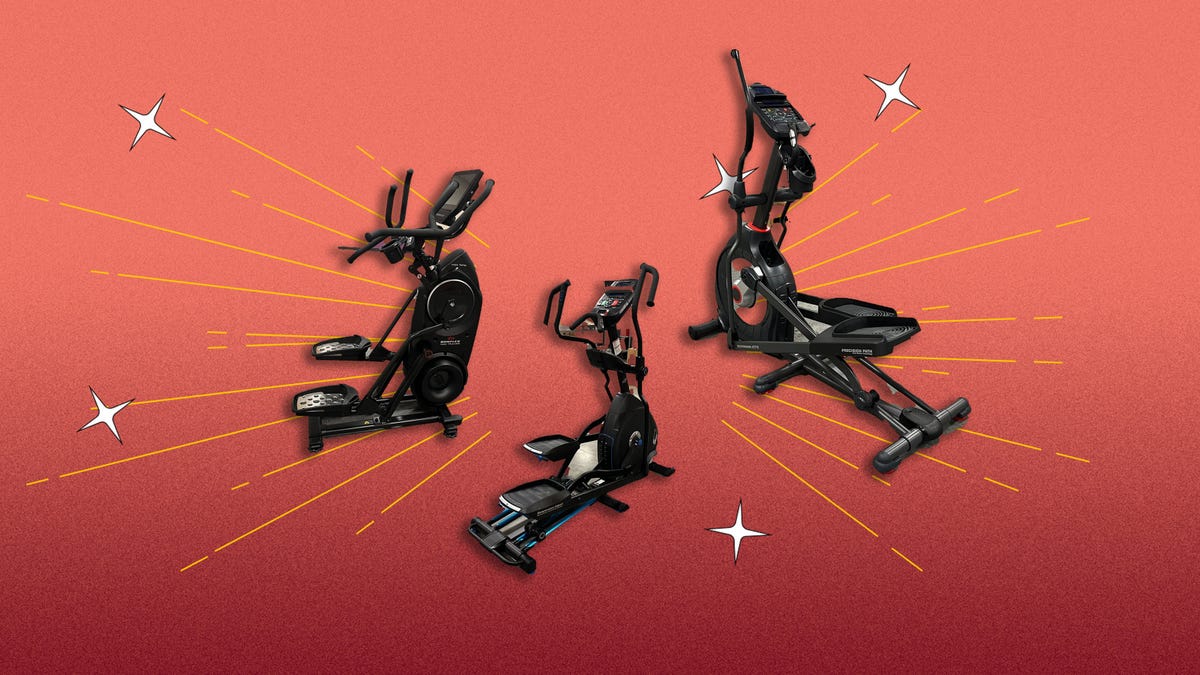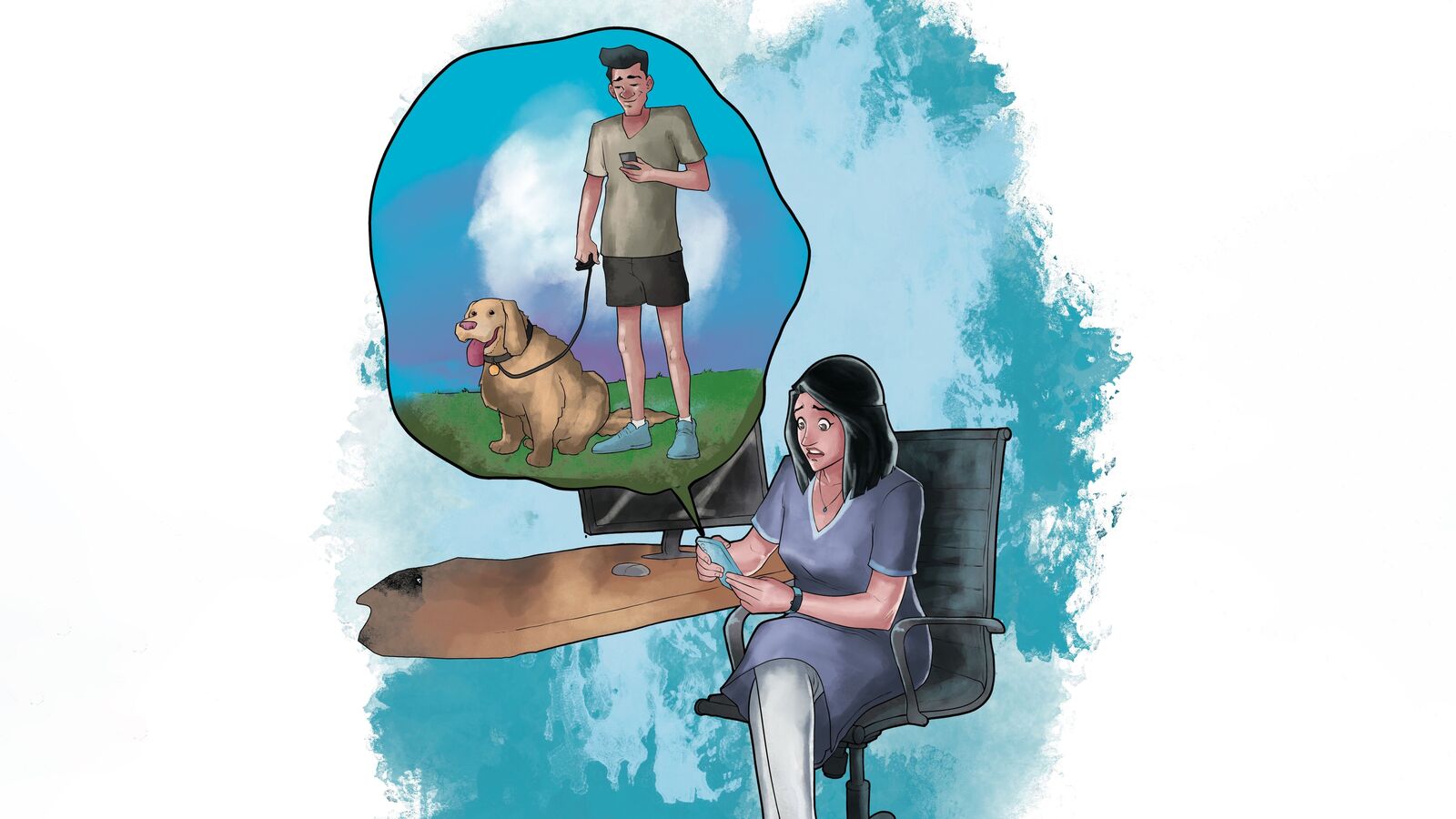Approximately 85 million homes in the United States have a pet, and about half of those have more than one. With so many pet households, there was no question that there needed to be a “National Pet Month.” The first National Pet Month was organized by the National Association of Professional Pet Sitters -NAPPS ( in 2006. Most years have a theme, and this year it is “Companions for Life”, which aims to raise awareness of not only responsible pet ownership, but also to recognize the bond between humans and animals and the positive effects they have on our physical and mental health.
Pets are excellent companions, no matter if we are grouchy, happy, or sad. Whether we are having a great day or struggling with the everyday nuances of life, they stand beside us. They do not care about our physical appearance, what job or amount of education we have, or if we live in a mansion or are destitute. They love spending time with us, no matter what we are, or are not, doing. Their constant companionship is treasured beyond measure, especially for those of us facing life alone or combatting physical and/or mental health issues. Animal companionship is not new to humankind. Throughout history, we have sought out animals to spend our days with, and many of those pets have been quite unusual by numerous standards.
Gérard de Nerval, the pen name of Gérard Labrunie, was a French essayist, poet, translator, and travel writer. In 1841, he suffered his first of many mental breakdowns. It was during that period that he wrote a series of short novels on the theme of mental instability and acquired a pet lobster called Thibault. Apparently, lobsters can survive out of water for certain periods, so de Nerval walked Thibault around the Palais Royal Gardens in Paris on the end of a blue silk leash rather frequently.
When asked why he kept a lobster as a pet and walked it, Gérard supposedly answered, “Why should a lobster be any more ridiculous than a dog? Or a cat, or a gazelle, or a lion, or any other animal that one chooses to take for a walk? I have a liking for lobsters. They are peaceful, serious creatures. They know the secrets of the sea, they don’t bark, and they don’t gobble up your monadic privacy like dogs do.”
Dante Gabriel Rossetti, one of the founders of the secret society “Pre-Raphaelite Brotherhood” (PRB), was legendary for his passionate, impulsive, and quirky nature. If anything fascinated him more than poetry and painting, it was exotic animals.
Rossetti had a llama, an armadillo, a toucan, a pair of marmots, peacocks, owls, parrots, a salamander, a kangaroo, a great many dogs, and two donkeys. However, his attention was completely captured by wombats. “The wombat is a joy, a delight, a madness,” he wrote his brother William Michael. He often held the society’s meetings at the London Zoo’s wombat house. Eventually, his acquisition of a live wombat named Top, after his mistress’s husband, was a dream fulfilled. Most wombats live for 15 to 20 years in captivity, unfortunately Top only made it to age two. A devastated Rossetti had Top’s body stuffed, after putting him on display his home, he expressed his grief in the poem “The Wombat.”
As we can see from the above examples, not one type of pet suits everyone’s needs or desires. The American Heart Association determined that having a pet can reduce the risk of heart disease. Other studies have shown that pet guardians are less likely to suffer from high blood pressure, high cholesterol, and stress. In addition, pet owners generally suffer fewer instances of depression and tend to exercise more than people who do not have pets. Pet ownership, in normal circumstances, reduces loneliness and anxiety, lends itself to daily structure, and lifts our mood. Pets are proving they can be lifesavers for many, providing companionship and joy not readily available through other means.
The Human Animal Bond Research Institute (HABRI) ( funds research into the health benefits of pets and human-animal interaction. Their vision is for the mutually beneficial relationship between pets and people to become universally accepted as an essential element of human wellness. In May 2019, HABRI and Mars Petcare ( co-hosted the Summit on Social Isolation and Companion Animals ( Isolation Summit report.pdf), engaging experts to facilitate the vital role of companion animals and human-animal interaction in addressing the crisis of social isolation and loneliness. Because the wealth of information generated is monumental, the informative materials, reports and resource links which can be used by everyone to make informed decisions that improve the health and wellbeing of people, pets and communities can be found at ( Much of it is worth a read.
As a last note, even though it is difficult to put a value on the human-animal bond and what it means for so many, a new economic impact report estimates pet ownership saves the U.S. healthcare system approximately $22.7 billion every year ( The impressive findings indicate pet owners visit the doctor less than non-pet owners. In addition, the report also tracks the savings for reduced obesity, reduced infections, and the financial benefits of better mental health regarding children, seniors, and our veterans.





